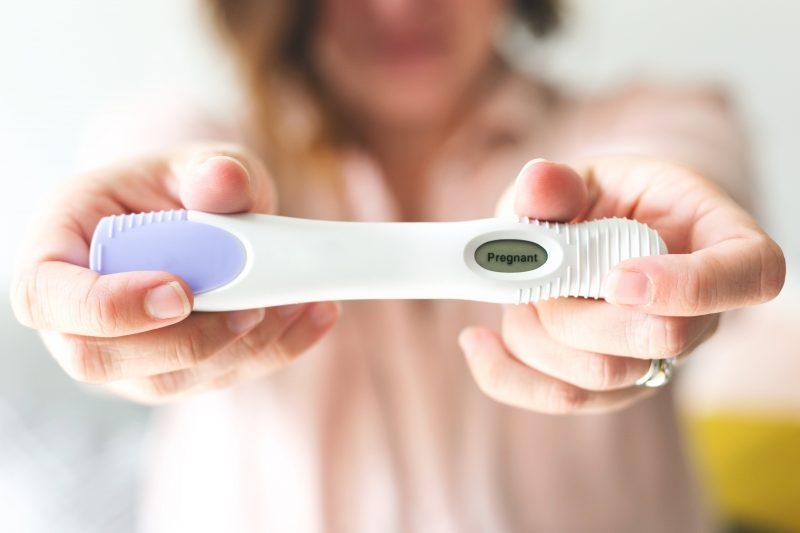There is a lot of information about in vitro fertilization (IVF) on the Web (including our own web site, www.alabamafertility.com), but I still get a lot of questions from patients about this procedure. I've decided to start posting some of the more common questions as preparation for including them in our IVF patient information booklet. If you have a question, please submit it, and I'll do my best to answer it, either right then, or at a later posting. (Keep in mind that if you send a question like “I'm 41 and my FSH is 9, should I do egg donor IVF?” it probably won't get answered. That's a question for your doctor.)
Q: Do I have to take shots to do IVF?
A: Yes. Although the first successful IVF treatment was performed by retrieving a single egg in a spontaneous cycle, the success rate is much higher if more eggs can be obtained. A variety of ovarian stimulants are used to achieve this. Most commonly, some form of follicle stimulating hormone (FSH) is used to rescue developing eggs that would be lost in a spontaneous cycle. (Thus, these drugs don't use up your eggs or hasten the onset of menopause.) And FSH (Follistim, Gonal-F, Bravelle, or Menopur) is given by injection (you give it to yourself, actually, although sometimes husbands seem to enjoy participating). We generally use Menopur (which has both FSH and LH) along with one of the pure FSH products. Other injections include leuprolide (Lupron), another injection used to prevent you from releasing the eggs before they can be retrieved; hCG, which is used to complete the maturation of the eggs; and progesterone, which begins on the day of the egg retrieval and continues until we see a heartbeat in your uterus for your Ob visit, or until you have a negative pregnancy test. Although vaginal progesterone preparations (Crinone, Endometrin) are available, we still recommend progesterone injections at least until the first pregnancy test, when we (usually)offer the option of vaginal progesterone. My partner Dr. Malizia trained at a program where vaginal progesterone was the standard, but she hasn't managed to convince me to abandon progesterone injections yet. By the way, the progesterone is intramuscular (with a 1.5 inch needle in the buttocks), but all the other injections (including the hCG) are subcutaneous, with a much smaller needle. You are looking at taking some sort of injection daily for the better part of five weeks during an IVF cycle, with about two or three weeks more if you get pregnant (unless you opt for the vaginal progesterone at that point).
